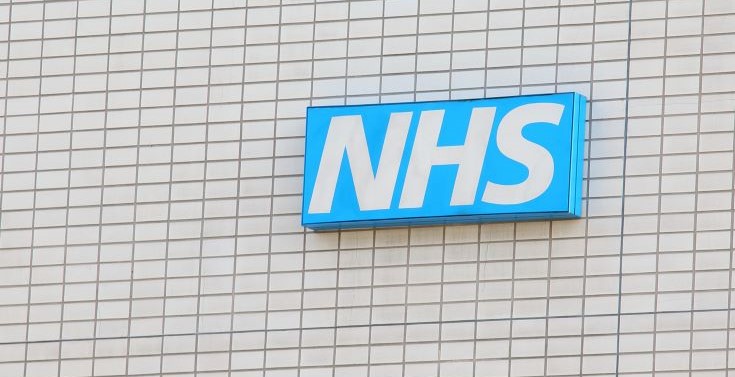 “As of 2022, there are 215 NHS trusts across the UK. However, this is a number that is subject to change.”
“As of 2022, there are 215 NHS trusts across the UK. However, this is a number that is subject to change.”This article is a helpful resource for anyone wanting to know more about how many NHS Trusts exist in the UK.
NHS Trusts are different units within the NHS, all across England and Wales, divided either by geographical area or function.
In some locations, there can be several trusts serving all kinds of different healthcare specialisms (for example, mental health trusts or community health trusts).
So while trusts are all part of and committed to the NHS, they each have their own focus and freedom to meet the demands within their different locations or specialisms. Because they are split both geographically and sometimes by function, there are many NHS trusts across the UK.
And a question we are often asked is how many NHS trusts there are in total.
How Many NHS Trusts In UK?
As of 2022, there are 215 NHS trusts across the UK.
However, this is a number that is subject to change. That’s because new trusts are often created, or existing trusts sometimes merge. For example, the University Hospitals Bristol and Weston NHS Foundation Trust (UHBW) was, before 2020, two separate trusts.
In fact, when the trust system was first established back in 1991, there were only 57.







About this contributor
Nurses.co.uk Founder
I launched Nurses.co.uk (and subsequently Socialcare.co.uk, Healthjobs.co.uk and Healthcarejobs.ie) in 2008. 500 applications are made every day via our jobs boards, helping to connect hiring organisations recruiting for clinical, medical, care and support roles with specialist jobseekers. Our articles, often created by our own audience, shine a light on the career pathways in healthcare, and give a platform to ideas and opinions around their work and jobs.
More by this contributorWant to get involved in the discussion?
Log In Subscribe to comment